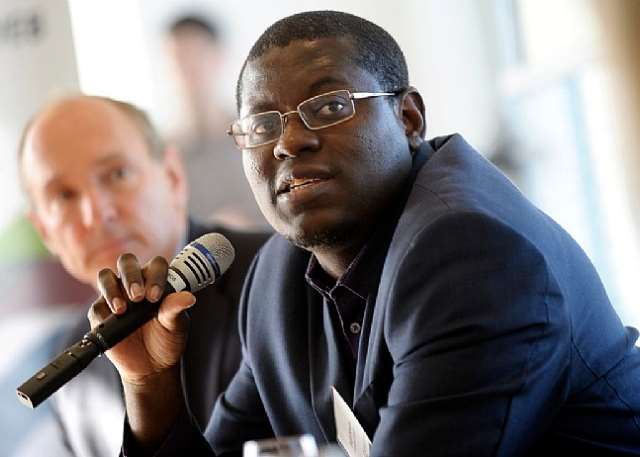Bright Simons, Vice President of IMANI Africa, has raised concerns over the subtle but consequential ways African governments, including Ghana’s, continue to rely on foreign knowledge infrastructures in critical policymaking and contract design.
His latest commentary focused on how this dependency can lead to policy blind spots and weaken national agency, particularly in natural resource governance.
“We all know that African countries sometimes outsource problem-solving to the West and/or international bodies in ways that can, every now and then, disrupt local agency”
Bright Simons, Vice President of IMANI Africa
While such outsourcing is sometimes practical, he said, the issue becomes complex when it operates at subtle and low-level areas of governance where scrutiny is weak.
“It becomes very difficult then for us to assess when such outsourcing is merely sensible and pragmatic or, contrariwise, the result of plain laziness and lack of attention to detail”
Bright Simons, Vice President of IMANI Africa
A key example cited by Simons involves Ghana’s use of model contracts in the oil and gas sector. These template agreements are used as a basis for negotiating investment terms, including windfall taxes and royalties when commodity prices exceed expectations.

However, he pointed out a critical flaw in one such contract, which references the “United States Industrial Goods Wholesale Price Index” as a proxy for inflation in the formula used to calculate fiscal obligations.
“The problem is that the US hasn’t published any such index for a while,” he observed, highlighting a lapse that renders the referenced term obsolete. To mitigate this, the model contract directs that any successor index found in the International Monetary Fund’s International Financial Statistics (IFS) should be used instead.
However, as Simons explained, “The IMF has discontinued the consolidated IFS,” further compounding the issue.
Though the Producer Price Index (PPI) is seen as a logical replacement, Simons identified yet another gap: “If you go strictly by that PPI dataset, there hasn’t been an update since 2023 on the public interface.” This leads to a fundamental question: how are windfalls currently being computed in contracts that depend on such outdated or inaccessible data sources?
External Dependence
Beyond the technical specifics, the broader implication, according to Simons, is that this kind of quiet dependency on foreign institutions can constrain African governments from acting independently and effectively.
“Like I said, a minor issue. But also one that is quite profound in some ways because of what it says about the subtle ways in which reliance on foreign knowledge infrastructure can constrain and enable”
Bright Simons, Vice President of IMANI Africa

This critique extends to the lack of investment in African-centered research systems that could help prevent such oversights. Simons praised Afrobarometer for building what he called “a powerful tool of knowledge within and for an African context,” but lamented the lack of funding from African governments.
“Isn’t it sad that, to date, virtually no African institutions fund AfroBarometer’s work?” he asked.
Simons argued that this funding gap reflects a deeper malaise in African policymaking: the “paradox of essentialism.”
He remarked that this failure to distinguish between superficial and structural priorities is at the root of policy weakness.
“African governments and institutions have a habit of underinvesting in critical systems with the easy justification that they are not essential enough. And yet many of the supposedly more essential stuff – like schools, water pumps, and roads – can’t be developed at scale without such systems functioning”
Bright Simons, Vice President of IMANI Africa
He concluded with a call for a shift in how leadership is measured. “Discerning what is TRULY essential is, to my mind, the real mark of sound POLICY LEADERSHIP, something usually and easily confused for political savvy,” Simons stated.
READ MORE: Tulenkey Confident on Winning an Award at the 2025 TGMA



















